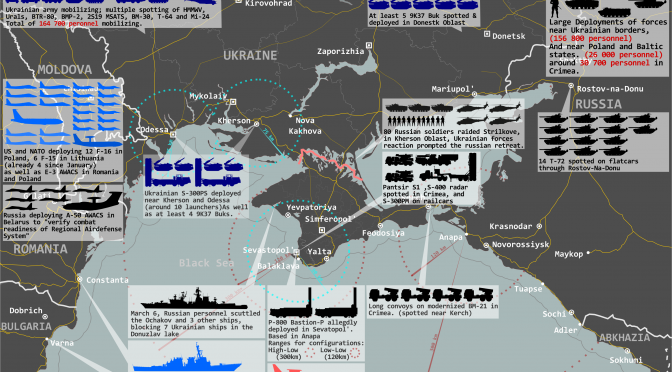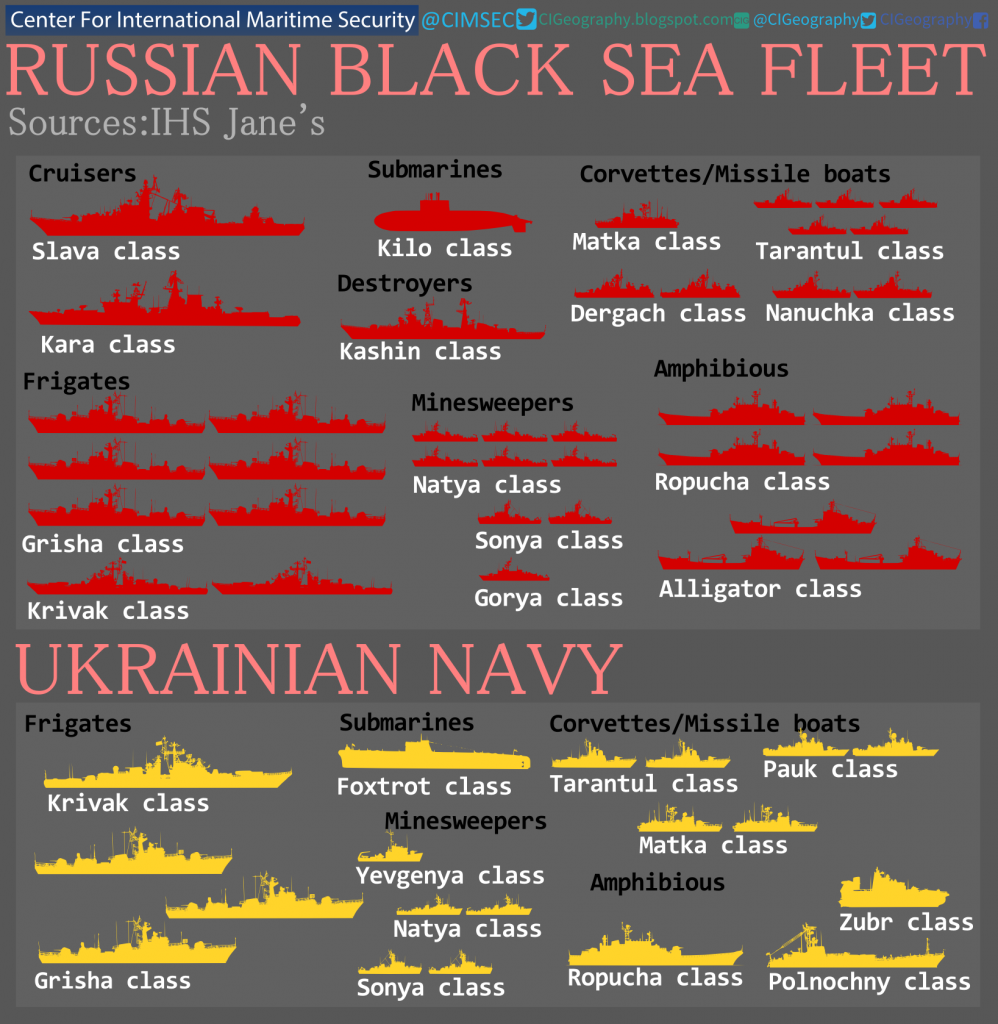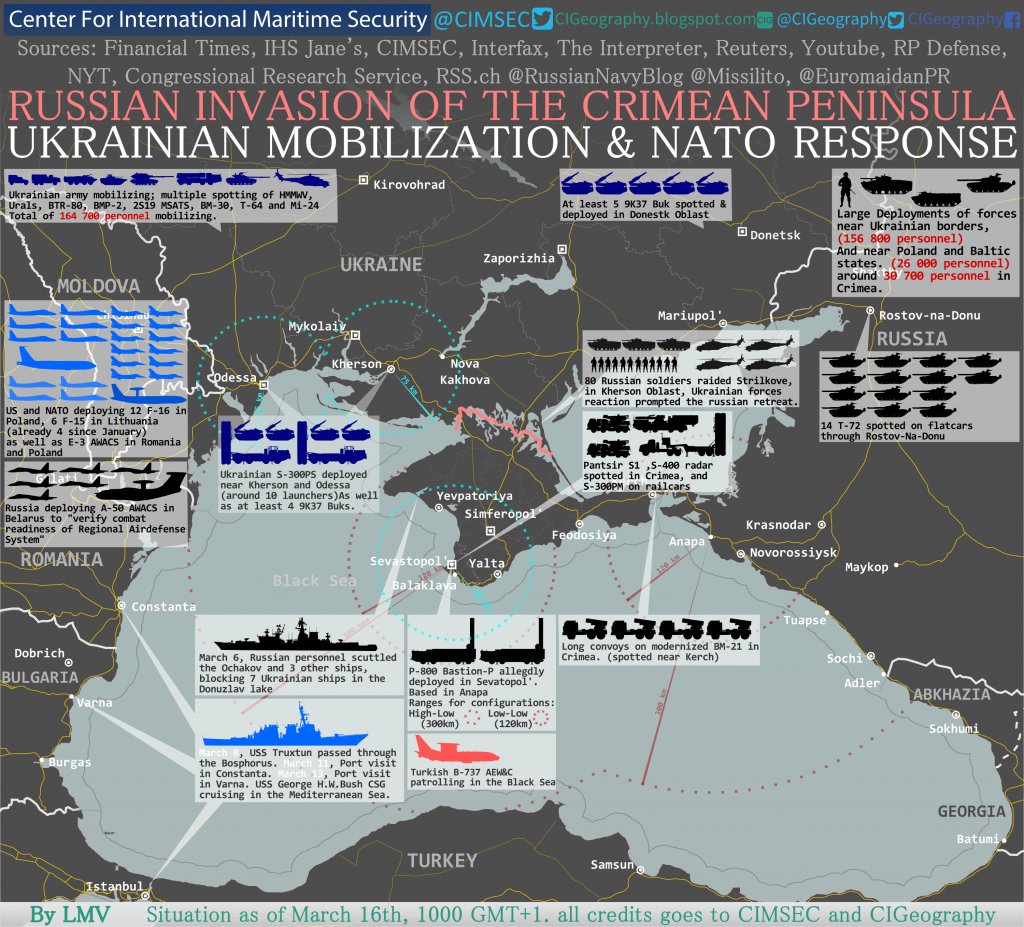Indonesia Faces the Reality of Chinese Maritime Claims
With the possibility of a March snow day shutting down the U.S. government’s Washington, DC, offices on Monday, I had the pleasure of being able to do an interview with the Australian Broadcasting Corporation News Radio-Sydney’s Tracey Lee Holmes on Indonesian and Chinese maritime strategies. Tracey brought up interesting points about the reported 700% rise in “piracy” in Indonesian waters from 2009-2014 creating the opportunity for counter-piracy partnerships with others, notably China’s navy, which could leverage its operational experience from years working in the Gulf of Aden. You can listen to my thoughts here.
The spur for the interview was an article I wrote for The Diplomat on several controversies ensnaring Indonesia’s navy in February. I ended that article with a nod to Indonesia’s efforts, under President Susilo Bambang Yudhoyono, or “SBY,” to maintain good ties with China in the face of tension over territorial claims with other nations in the region. During this period Indonesia tried to play the role of conciliator within ASEAN, by attempting to bridge the “pro-China” and confrontation camps in Code of Conduct discussions among others. In an example of this conflict avoidance, a recently aired CCTV documentary highlighting a 2010 incident of Indonesian naval vessels’ reluctance to apprehend a Chinese trawler in Indonesian-claimed waters in the face of Chinese vessels demanding they stand down.
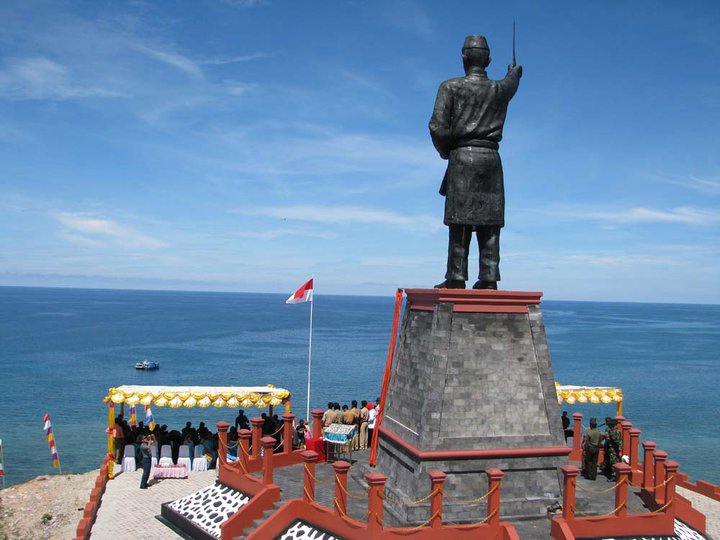
However, my late-night ramblings in the interview prevented me from effectively elucidating how in the past week this relationship has changed. On March 12th, Indonesia admitted for the first time that China’s 9-dash line South China Sea claims included bits of Indonesia’s Riau Province in the Natuna islands. Earlier, and perhaps in preparation for the acknowledgement of the disagreement, Indonesia’s military announced it would beef up its presence in the disputed islands – ostensibly to prevent “infiltration.”
While the move towards tension is disconcerting, as some say, the first step is to admit you have a problem. Additional variables are Indonesia’s upcoming parliamentary (April) and presidential elections (July), in which Jakarta’s mayor, Joko Widodo, is likely to win but has yet to state explicit foreign policy positions.
By interesting coincidence the end of this month will bring an assemblage of competing interests to the waters of the same Natuna Islands, as Indonesia plays host to the 2014 Komodo Joint Exercise, practicing Humanitarian Assistance / Disaster Response (HA/DR). Following on the heels of a similarly inclusive HA/DR+Military Medicine Exercise, Komodo is slated to bring together China, Indonesia, the United States, Russia, Japan, South Korea, ASEAN, and others. Whether it can increase interoperability or defuse tension is an open question, but it’s worth a try.
LT Scott Cheney-Peters is a surface warfare officer in the U.S. Navy Reserve and the former editor of Surface Warfare magazine. He is the founder and vice president of the Center for International Maritime Security (CIMSEC), a graduate of Georgetown University and the U.S. Naval War College, and a member of the Truman National Security Project’s Defense Council.

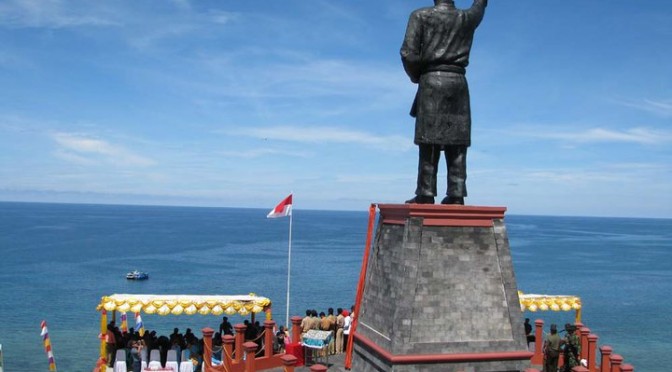



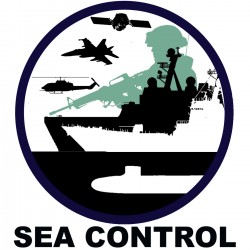
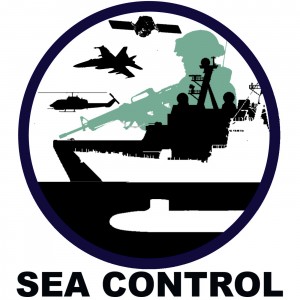 Sea Control will be adding two monthly segments to its lineup: Sea Control Europe/Britain and Sea Control Asia-Pacific. We are joined by Natalie Sambhi of the
Sea Control will be adding two monthly segments to its lineup: Sea Control Europe/Britain and Sea Control Asia-Pacific. We are joined by Natalie Sambhi of the 